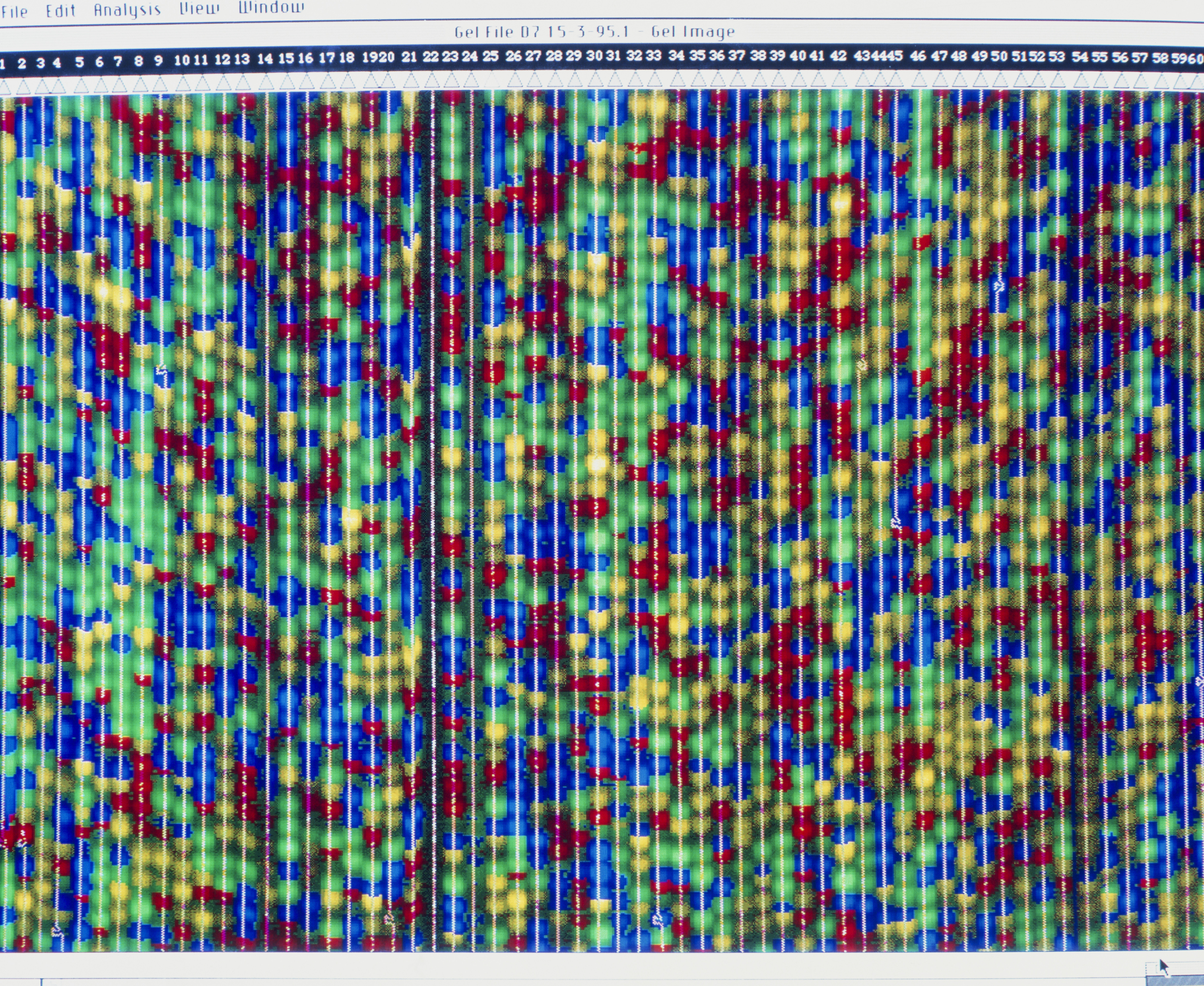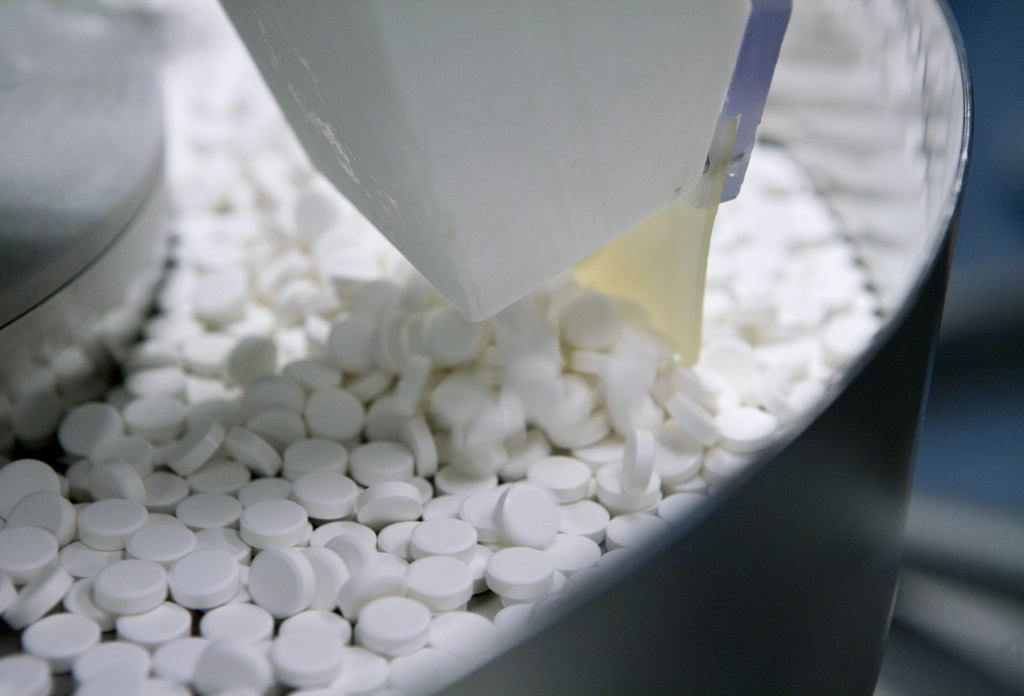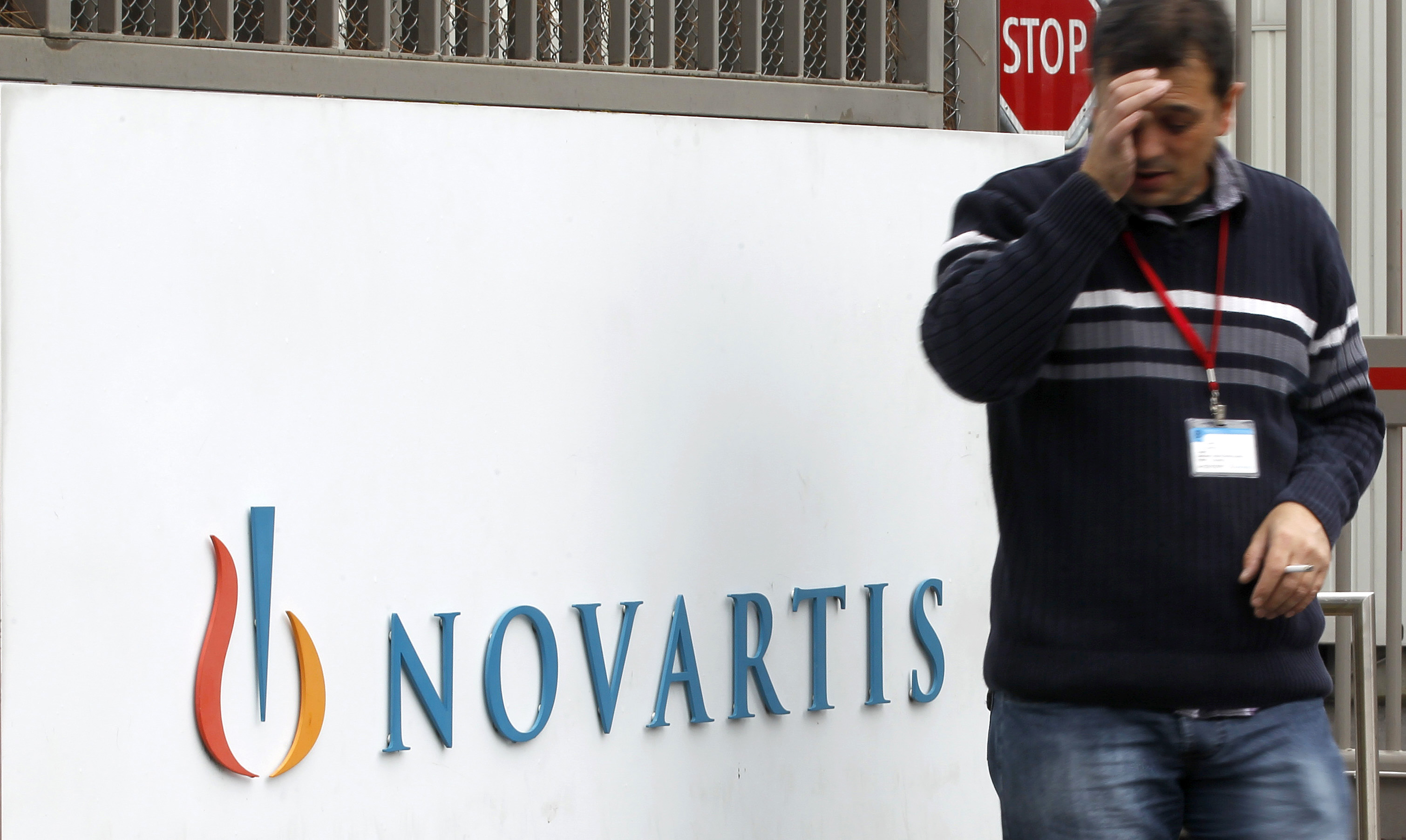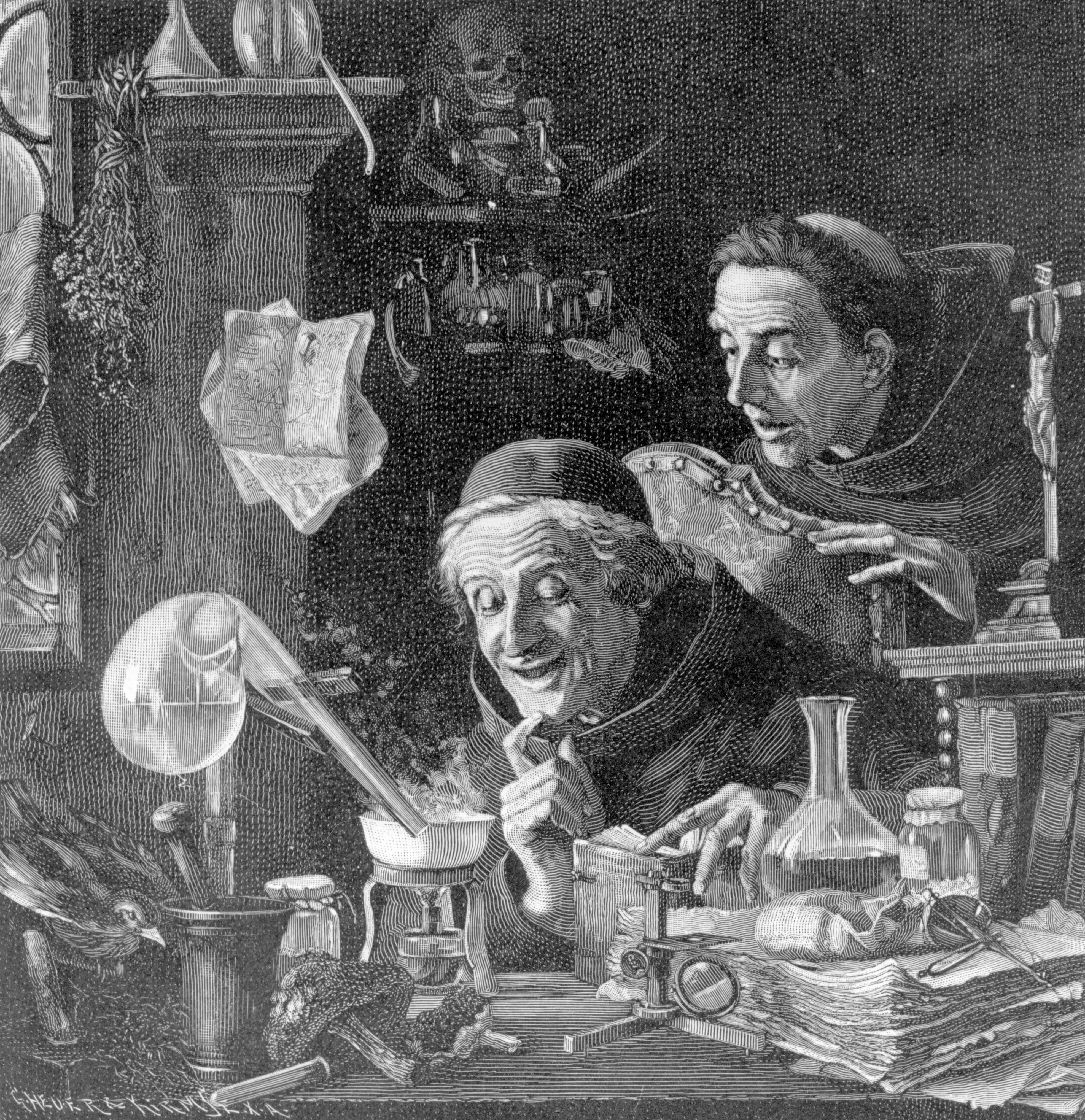Roche looks to personal future

Swiss pharmaceutical company Roche, with over SFr9.5 billion ($10.35 billion) in profits for 2011, is looking to secure its future and betting on personalised medicine in the process.
Last week, the Basel-based firm made an offer worth $5.7 billion for Illumina, a San Diego company that makes machines which help decode DNA at lower cost.
It was ten years ago that the human genome was sequenced for the first time, at a cost of around $3 billion and a decade’s worth of research. Today, the goal is to cut the price tag to below $1,000 and carry out the sequencing in just a day.
Illumina is one of the front-runners to reach that target. On January 10, the company announced that it would have a machine capable of completing the task on the market by the second half of the year – though it is not alone in that claim.
While the cost of gene sequencing has dropped, its potential in medicine has been on the rise.
Sequencing helps identify new targets for pharmaceuticals. It also better defines patients that are most likely to respond to drugs. And with Illumina at the front of the field, Roche doesn’t want to be left behind.
“DNA sequencing is the foundation of personalised medicine,” said Karl Heinz Koch, analyst with Swiss equities broker Helvea. “Roche is weak in this field so far and cannot afford to miss the boat in this sector.”
Roche already expects a new generation of drugs targeted at specific groups of patients, a shift that is pushing the boundaries of modern medicine.
Everybody’s different
In an interview with the Reuters news agency, CEO Severin Schwan compared advances in molecular biology that are improving understanding of how cells work to the revolution in medicine several centuries ago when doctors first started opening up patients’ bodies.
“In ten years we would see half of our portfolio to be targeted therapies. And if anything, I would assume in 20 years this percentage is going to increase,” Schwan said.
Roche, the world’s largest maker of cancer drugs, leads the pack in targeted therapies thanks in part to its closely integrated diagnostics arm that helps its pharmaceutical division pinpoint the gene mutations that its drugs should zero in on.
Half of the products in Roche’s late-stage pipeline already have companion diagnostics – tests that determine if the patients are a genetic fit with the therapies.
Genetic testing has certainly changed the way medicine considers illnesses.
“We have learnt the same disease can have different causes depending on the person, and require different therapies,” said Ernst Hafen, a molecular biologist at Zurich’s Federal Institute of Technology.
“People also do not all react the same way to drugs. And all that depends on the environment and genetic factors.”
Financial incentives
Besides boosting its bottom line, Roche is hoping that better targeted medicines will also help cut healthcare costs.
Patients whose genetic makeup means they will not benefit from a drug simply will not get it, reducing spending on administering drugs as well as the cost of potential side effects. The costs of developing drugs could potentially also fall with cheaper clinical testing.
According to Koch, purchasing Illumina fits this strategy, even if the Californian company is playing hard to get after rejecting Roche’s hostile bid.
“Illumina is the highest quality company in this field, with a strong double-digit growth potential,” he told swissinfo.ch. “The sequencing technology is a bridge between discovering genetic dysfunctions and designing drugs or diagnostic tools.”
However, this bridging role means that more research is needed on the human genome and the development of diagnostics.
“We will need huge amounts of data that will have to be handled by very powerful computers and software so we can understand the underlying mechanisms and design preventive and therapeutic measures,” Hafen told swissinfo.ch. “We are only at the beginning.”
Cheaper genetic testing is already on the market. Sending a saliva sample to some US companies provides a person with an outline of their genetic makeup and the likelihood of developing some diseases, although the precision of the data is controversial and experts warn the results should be considered with the utmost circumspection.
Some observers of the pharmaceutical industry have raised questions about Roche’s intentions, such as whether the company is seeking to corner the gene patenting market and potential direct-to-consumer testing.
Future usage
Specialists also say that decoding entire DNA sequences is set to move from research institutes and government laboratories to the healthcare system as it becomes a more widespread. There has been speculation that the firm is betting that the technology could become a publicly marketed tool with a Roche label.
Sequencing the entire genome also changes the logic of diagnostics according to Alexandre Mauron, professor of medical bioethics at Geneva University.
“Traditionally, diagnostics involves a selection process, whereby a doctor decides which tests are carried out on a patient. With sequencing, diagnostics becomes simpler and potentially cheaper,” he said.
“But it also provides answers to questions that weren’t raised. So advising patients about their genetic makeup will become more important, because you can’t just simply ‘download’ that information and give it to them, without an explanation as to what data are relevant and why.”
Mauron points out though the patient will have a bigger say in the diagnostic process, and will in fact be able to claim ownership of any information produced.
“It would be wrong for doctors to decide what a patient should know,” he told swissinfo.ch. “This also means that providing expert counselling about genetic information will become even more important in the future, so we need to rethink the role of those providing it.”
The Geneva professor says there is no reason to feel concerned that the latest gene sequencing technologies will cause major problems in Switzerland.
“Swiss legislation on human genetic testing has enough scope to cover new technological developments and includes all the necessary ethical considerations,” he said. “The degree of genetic counselling must for example be proportionate to the wider implications of the tests carried out.”
Roche says that its net profit rose seven per cent to SFr9.54 billion ($10.35 billion) in 2011, up from SFr8.89 billion the previous year.
Sales fell ten per cent to SFr42.53 billion due partly to the strength of the Swiss franc against other major currencies.
Pharmaceuticals sales, excluding Tamiflu, were up one per cent in line with the market; diagnostics sales increased six per cent, ahead of the market.
Roche CEO Severin Schwan said the company expected low to mid-single-digit sales growth in its main divisions this year provided currencies remain stable.
The company is finalising a restructuring programme announced at the end of 2010, with 4,800 jobs out of around 80,000 cut and estimated savings for this year of around SFr2.4 billion.
(With input from Gaby Ochsenbein)

In compliance with the JTI standards
More: SWI swissinfo.ch certified by the Journalism Trust Initiative












You can find an overview of ongoing debates with our journalists here . Please join us!
If you want to start a conversation about a topic raised in this article or want to report factual errors, email us at english@swissinfo.ch.